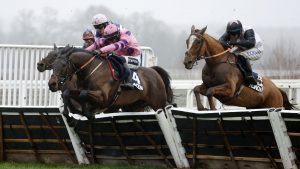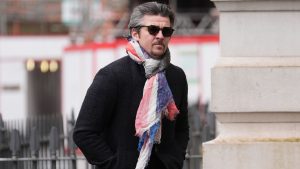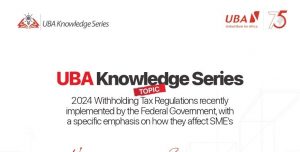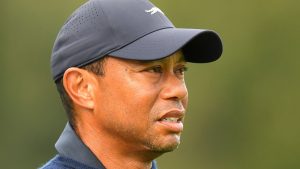Rangers RHP Arihara starts transition to majors from Japan
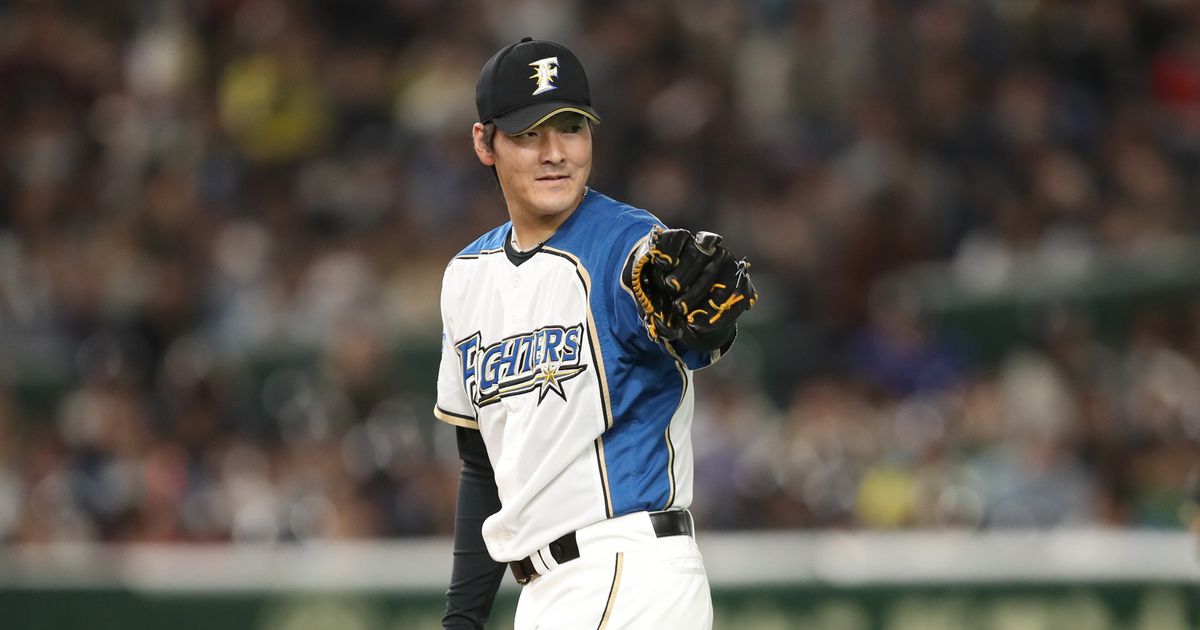
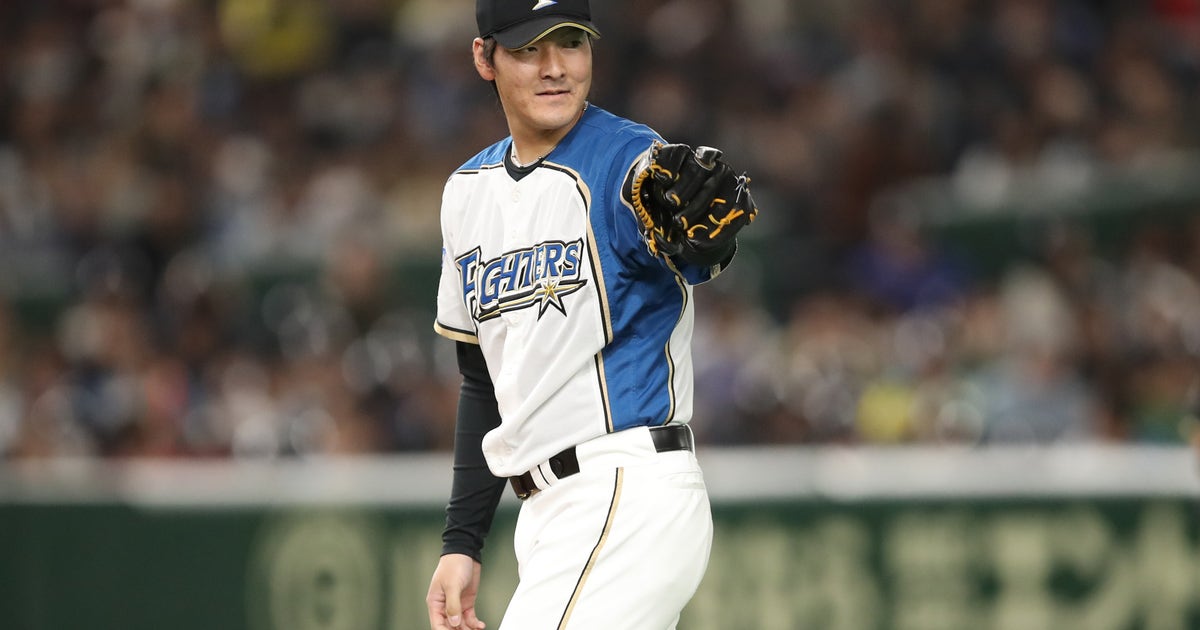
SURPRISE, Ariz. (AP) — Japanese pitcher Kohei Arihara says he settled on the Texas Rangers because they told the right-hander what they thought he could do better in addition to mentioning the things they liked.
The process of working on some of those things has started with pitchers and catchers reporting to spring training in Arizona.
“I think part of my job as a player is to get used to all the differences between Japan and over here,” Arihara said through an interpreter Thursday in his first virtual meeting with reporters since signing a $6.2 million, two-year contract in December. “I’m looking at it every single day and I hope to get used to everything.”
Arihara spent six years with the Hokkaido Nippon Ham Fighters of Japan’s Pacific League. The 28-year-old is set to become the eighth native of Japan to appear in a regular-season game for the Rangers. Yu Darvish (2012-17) and Yoshinori Tateyama (2011-12) also pitched for Hokkaido before coming to Texas.
Arihara said he didn’t talk to Darvish before signing with the Rangers, and didn’t need to visit the club before making the decision.
“In the meetings I had with the Rangers, their analysis was phenomenal,” Arihara said. “I thought that if I could continue to practice like this on this team, I can grow as a person and as a player.”
Specifically, Arihara said the Rangers told him they thought he could use his high fastball more against major league hitters.
“That was really interesting to me,” Arihara said. “If I could work on the things they pointed out, I thought I could grow as a player and play a higher level.”
The Rangers are paying a $1.2 million posting fee for Arihara. The first $600,000 was due last month, with $300,000 more to be paid by Dec. 26, 2021, and the final $300,000 by June 26, 2022.
Arihara gets $3.6 million in 2021 and $2.6 million in 2022 and can earn $50,000 in performance bonuses each year: $25,000 apiece for 24 and 28 starts.
The Pacific League’s rookie of the year in 2015 was 8-9 with a 3.46 ERA in 20 starts for Hokkaido during the pandemic-shortened 2020 season.
Arihara led the Pacific League with three complete games and was second in innings with 132 2/3 a year after posting a career-high 15 wins that tied for the league lead while finishing second in ERA at 2.46.
“He’s never pitched in the major leagues, so there’s going to be a learning curve,” manager Chris Woodward said. “But we feel like with his stuff and his makeup and his ability in the past to kind of make changes and adjust on the fly, sometimes bigger changes than others, he made himself very successful in Japan.”
Among the adjustments already, Arihara said, is getting used to a slicker baseball for the grip on his fastball and split-fingered pitches. And with talk about elevating his fastball, pitch sequencing will be an issue for Arihara as well.
“I definitely have pitching patterns that I distinguished myself with in Japan so I definitely want to see how effective those patterns will be over here first,” said Arihara, who was 60-50 with a 3.74 ERA in 129 career appearances in Japan, including 125 starts.
The Rangers believe Arihara can handle a heavier workload, but he will have to adjust to five-man rotations in the majors. Pitchers in Japan generally get at least five days’ rest between starts. Woodward said the Rangers will give Arihara extra rest at times.
“In Japan I have sometimes been on five days’ rest,” Arihara said. “I have a vague image of what it will do. But I know it will be a long season and I will get tired toward the end, I’m sure. I want to communicate with my teammates and my coaching staff to minimize the stress on my arm so I can perform at the highest level.”



